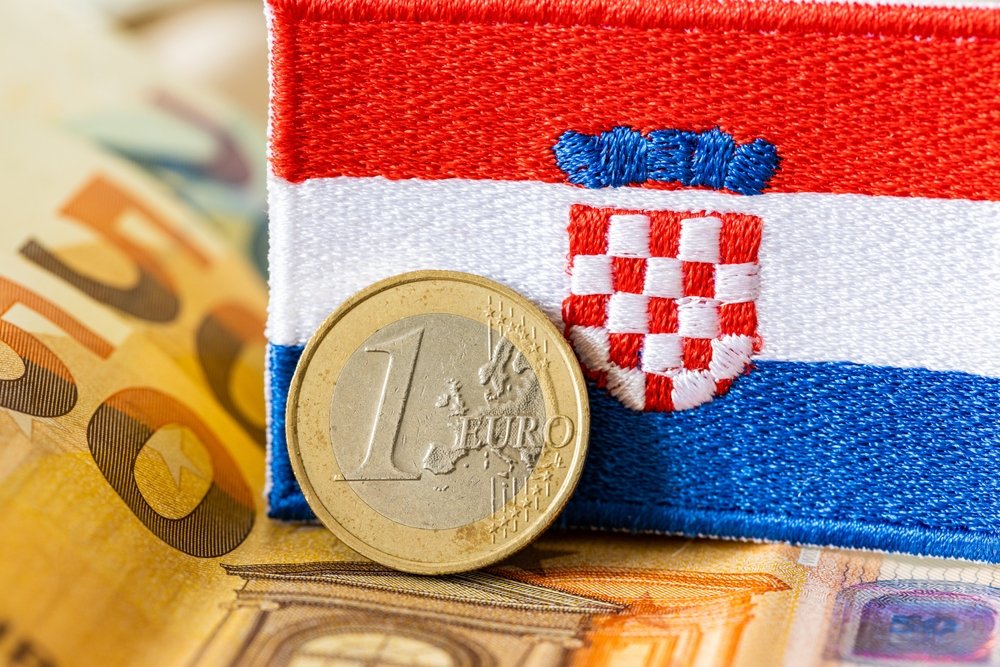
Members of the European Parliament have recently endorsed Croatia’s entry into the eurozone and adoption of the euro from January 1st, 2023.
The European Parliament had previously discussed a report by Romanian economist and politician Siegfried Mureșan stating that “Croatia fulfills all the criteria for adopting the euro as a result of ambitious, determined, credible and sustainable efforts by the Croatian Government and the Croatian people”.
According to the report, Croatia is ready to adopt the euro in spite of the economic consequences of the COVID-19 pandemic, current inflationary processes, and the Russian-Ukrainian conflict.
The debate and analysis of the report took place on Monday 4 July 2022, but members of the European Parliament didn’t officially vote until Tuesday 5 July 2022.
That day, Croatia’s entry into the eurozone and adoption of the euro received 539 votes in favor, 45 votes against, and 48 abstentions. This was announced in an official press release of the European Parliament.
“The reforms undertaken by the Croatian Government in the last years have strengthened the economy and paved the way for Croatia to join the common currency”, said rapporteur Siegfried Mureșan. “It is clear that becoming a member of the euro is the right decision for the country, its businesses, and citizens; as well as various sectors of its economy, such as tourism. Croatia becoming the 20th member of the euro area is good for the European Union as well: it shows the viability and trust in our common currency”.
The European Parliament is required to give its opinion on the Commission’s recommendation, and then, member states will have to take the final decision on this matter.
Members of the European Parliament had already expressed that Croatia has an advantage because it has a higher level of price convergence with the eurozone compared to other member states in their adoption of the euro. However, the Parliament expects the Croatian government to make additional efforts to ensure further price convergence and avoid artificial price increases when the euro is in fact introduced into Croatia’s economy.
“Croatia’s accession to the single currency in 2023 is the first significant European integration process since Brexit and marks a further enlargement of the euro in the Balkans. When European values are being challenged at our borders, this is a clear sign of unity, further integration, and a contribution to the strength of the euro as a global currency”, said Margarida Marques, the Chair of the European Parliament’s euro working group. “The adoption of the euro by Croatia shows that the single currency is a stimulating and solid project that guarantees greater security and stability for citizens”.
The Eurogroup, an informal body containing finance ministers of member states of the European Union already using the euro as their official currency, supported Croatia’s adoption of the euro when ministers agreed with the European Commission’s and the European Central Bank’s positive assessment of Croatia’s fulfillment of convergence criteria last month.
On 16 June 2022, the body sent a recommendation by euro area member states to the European Council proposing Croatia’s adoption of the euro by January 1st, 2023.